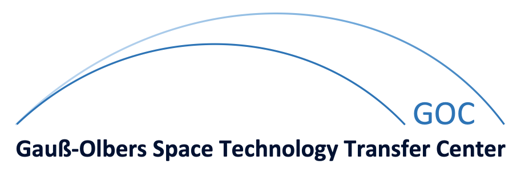Optimization of Interference Cancellation in Coded CDMA Systems by Means of Differential Evolution
| Authors: | P. Weitkemper, K. Zielinski, K.-D. Kammeyer, R. Laur | ||||||
| Abstract: | This paper introduces an optimization of the received power profile for iterative parallel and successive interference cancellation (PIC/SIC) in coded CDMA systems. The basic approach is an optimization algorithm called Differential Evolution (DE). An optimized power allocation of the users at the transmitter is an important means for enhancing the convergence behavior of the detector. Either the supportable load can be significantly increased or the required transmit power is decreased by several dB. Furthermore any additional constraint regarding the modelling of realistic communication systems can be implemented very easily. In this paper the number of needed iterations is dramatically decreased. Computational complexity is reduced while the needed power is barely increased. Another constraint which is also considered is the near-far-effect that degenerates system performance. The maximum received power is limited for some users that are assumed to be at the cell border or who suffer from fading. The precondition for this optimization is the analysis of the iterative detection scheme. This is done by a parameter called multi-user efficiency (MUE). | ||||||
| Document type: | Conference Paper | ||||||
| Publication: | Munich, Germany, 3. - 7. April 2006 | ||||||
| Conference: | 4th International Symposium on Turbo Codes & Related Topics in connection with the 6th International ITG-Conference on Source and Channel Coding (SCC 06) | ||||||
| Index: | 253 | ||||||
| Files: |
|
Last change on
29.04.2008
by
Admin
© Department of Communications Engineering - University of BremenImprint / Contact







